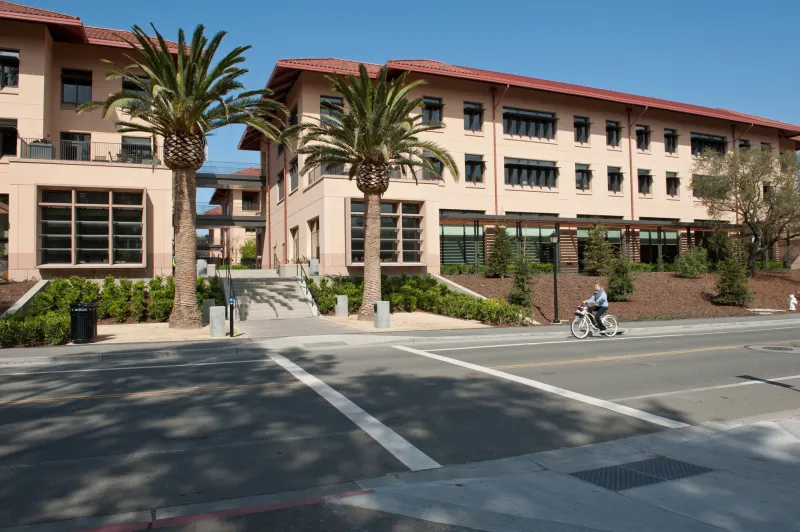Board of Trustees Chair Jeff Raikes ’80 relayed the Board’s decisions regarding financial aid and tuition for the 2020-21 school year as well as its support for faculty proposals on the first-year experience and future of the major in a Wednesday briefing on the Board’s second meeting of the year. Raikes also provided an update on the Board’s review of Fossil Free Stanford’s proposal calling for University divestment from large oil and gas corporations.
Improving financial aid
Though total charges for full-tuition-paying families for the coming academic year will increase 4.9% to $73,425, Raikes emphasized that the University is compensating for this increase with more generous financial aid packages. In the 2020-21 academic year, Stanford will offer tuition-free access to families with annual incomes below $150,000, up from the current $125,000. In total, Stanford’s undergraduate need-based financial aid budget it expected to increase 9.7% in the following year to $192 million dollars.
In emphasizing the University’s commitment to improving financial accessibility, Raikes highlighted the University’s decision last year to eliminate home equity when calculating financial aid packages. The change acknowledges that many house-rich families may still be cash poor and thus have difficulty paying for college tuition.
Fossil fuel divestment
Raikes concluded his briefing by addressing Fossil Free Stanford’s proposal demanding the University commit to complete endowment divestment from direct and indirect holdings in large oil and gas companies. Fossil Free has held several protests and demonstrations in the past couple of weeks advocating for this change.
A task force of the Board of Trustee’s Special Committee on Investment Responsibility met with Fossil Free Stanford leaders in October to discuss the proposal and had a “very helpful and constructive discussion,” according to Raikes. The task force, formed to specifically examine the issue of fossil fuel divestment, will now work with the Special Committee to solicit additional opinions from students, faculty and outside stakeholders to determine how best to respond to the proposal. Raikes mentioned that the Special Committee recently heard from Thomas Heller and Alicia Seiger, directors of the Sustainable Finance Initiative, a program which focuses on developing the finance and policy tools needed to promote climate sustainability.
According to the Stanford Management Company’s Statement on Investment Responsibility, developed last year under its Ethical Investment Framework, an investment must be “abhorrent and ethically unjustifiable” in order to qualify for divestment. Examples of such disqualifying company actions include human trafficking, slavery and violations of child labor laws.
Raikes declined to give a timeline for when the Board would decide on divestment.
“[The Special Committee and Task Force] are in constant dialogue,” he added. “We will continue that dialogue through January, till February Board meeting, and then we’ll see where we are in terms of next steps.”
On faculty proposals to reinvent liberal education
The Board heard presentations from two faculty design teams charged with redesigning the first-year experience and future of the major. Tasked with reestablishing Stanford’s commitment to a liberal education, the proposals include a universal unit cap for all majors to promote added course exploration, a required three-quarter liberal arts core for all first-year students and a mandated senior capstone experience. They will be turned into formal legislation in the coming months for the Senate to debate and vote upon.
“All of my colleagues at the Board were very excited about what we saw in those two proposals,” Raikes said. “It was an absolute consensus that this is a fabulous way to reinvent Stanford undergraduate education going forward.”
Contact Berber Jin at fjin16 `at’ stanford.edu
